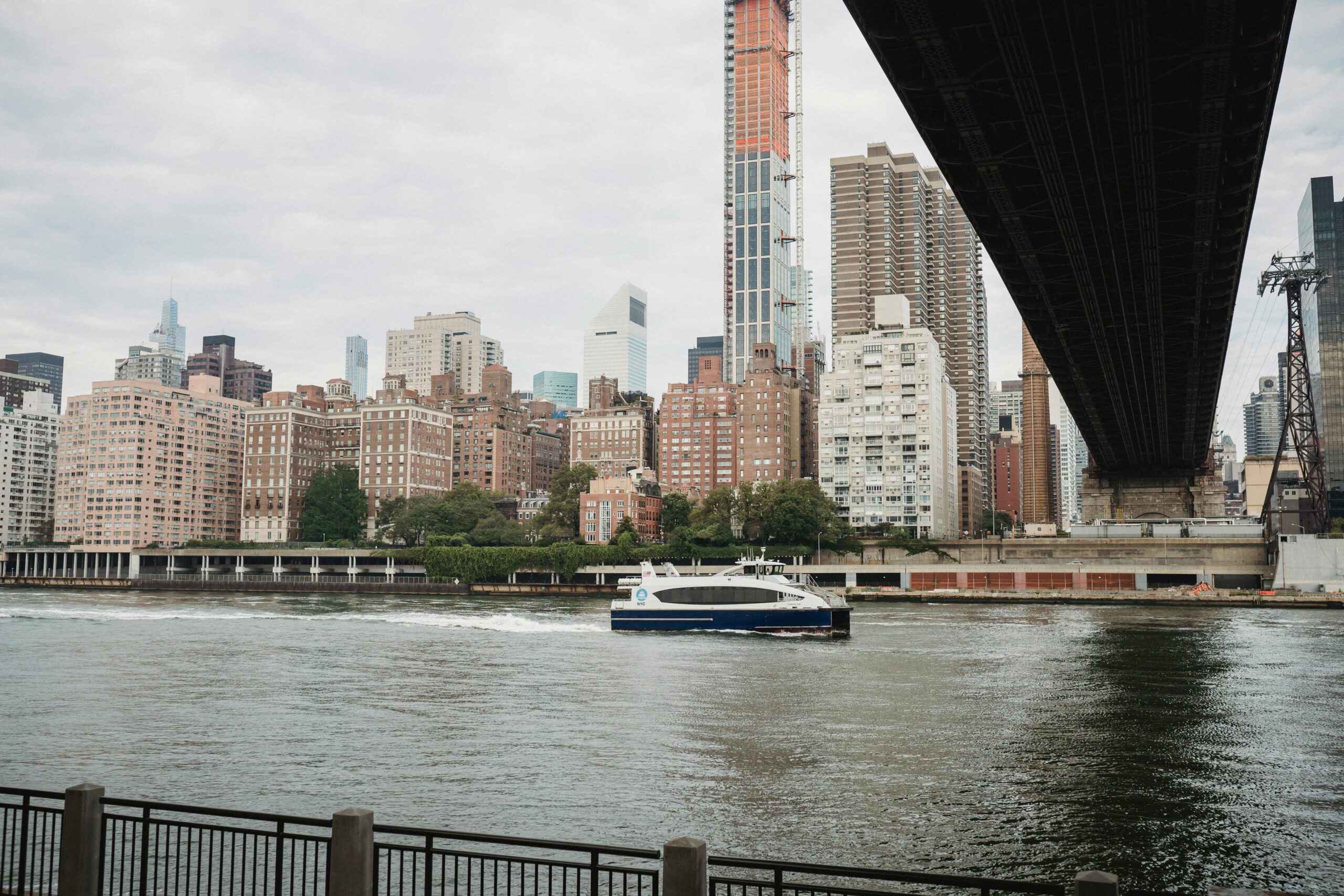Managing commercial property in New York City has always required navigating a complex web of rules, but in 2025, the landscape is more intricate than ever. A surge of new New York City property regulations, driven by climate goals, tenant protections, and technological advancements, is reshaping how property managers operate in the five boroughs. For professionals in the field, understanding these changes is essential for compliance, profitability, and reputation.
Environmental Sustainability
One of the most significant regulatory shifts stems from New York City’s aggressive push toward environmental sustainability. Local Law 97, which originated as part of the city’s Climate Mobilization Act, began imposing fines in 2024 for buildings over 25,000 square feet that exceed greenhouse gas emission limits. In 2025, enforcement has expanded, and the penalties are steep. Property managers are now expected to conduct detailed energy audits, retrofit older buildings, and invest in more efficient HVAC systems, LED lighting, and smart building technology. The upfront costs are high, but the long-term savings on energy and avoided fines are substantial, and compliance is non-negotiable.
Tenant Rights and Rent Control
Another area of regulatory pressure is tenant rights and rent control. The Housing Stability and Tenant Protection Act (HSTPA), passed at the state level in 2019, continues to evolve with local add-ons in 2025. Rent-stabilized units face even tighter scrutiny, including limits on how much landlords can charge for improvements or renovations. This makes it more difficult to increase rents after units are vacated, thereby affecting long-term revenue projections. Property managers must now be fluent in both rent regulation laws and tenant harassment prevention protocols, which are enforced more strictly with the help of digital reporting tools introduced by the city’s Department of Housing Preservation and Development (HPD).
Technology mandates are also reshaping the day-to-day operations of property management. In 2025, NYC requires all multi-unit residential buildings to implement online rent payment platforms and digital communication channels between tenants and landlords. This regulation aims to streamline dispute resolution and promote transparency, especially in buildings with histories of complaints. Property managers who lag in adopting tech solutions risk not only fines but also losing tenants to more modern, responsive buildings.
Building Safety Regulations
Additionally, safety regulations have been tightened. Local Law 152, which mandates periodic gas line inspections, now includes stricter timelines and broader coverage. Similarly, façade inspection requirements under Local Law 11 (FISP) are being updated to include new drone-assisted surveys and digital reporting systems. Non-compliance can lead to heavy fines or even forced vacancies.
NYC Housing Equity and Accessibility
Finally, the city’s increasing focus on equity and accessibility is influencing how properties are managed and maintained. New guidance around ADA compliance and fair housing practices, particularly in older pre-war buildings, has expanded. Property managers must work closely with legal teams and consultants to ensure inclusivity across leasing, renovation, and communication practices.
Key Takeaways
In conclusion, property management in NYC in 2025 demands a high level of adaptability and legal awareness. From climate compliance and tenant protections to tech mandates and safety regulations, the local rulebook is evolving fast. Staying ahead requires not just keeping up but actively investing in the systems, knowledge, and partnerships that ensure a smooth, lawful, and profitable operation.
First Class Management can help you ensure your NYC commercial property stays in compliance with all pertinent regulations. Call to partner with us today.

